Content from the Brookings-Tsinghua Public Policy Center is now archived. Since October 1, 2020, Brookings has maintained a limited partnership with Tsinghua University School of Public Policy and Management that is intended to facilitate jointly organized dialogues, meetings, and/or events.
As Beijing’s military build-up progresses, it is natural and healthy for Taiwan to maintain a certain degree of concern about its continued security, writes Ryan Hass. But too much anxiety can become harmful, generating a sense of helplessness about Taiwan’s future. This piece originally appeared in the Taipei Times.
In recent decades, China has been plowing a sizable share of its growing economic strength into developing advanced military capabilities. As Beijing’s military build-up progresses, concerns naturally mount in Taiwan about its continued security. A certain amount of concern is healthy. It disciplines voters to ask hard questions of their leaders about the appropriate balance of risk in pursuit of objectives. It also instills a sense of urgency to tackle big problems, instead of getting bogged down in petty debates of the day.
Too much anxiety, though, can harm society, by generating a sense of helplessness about Taiwan’s future. This, in turn, can lead the younger generation to pursue opportunities abroad, rather than investing in their futures at home. It can cause multinational companies and overseas investors to go elsewhere in pursuit of opportunities. It can arouse opposition to prudent prioritization of funding for national defense, because, the thinking goes, it’s futile to attempt to match the mainland’s military capabilities. And it can lead to polarization on sovereignty-related questions, with some advocating a strategy of suing for peace and accommodating the mainland, while others throw their backing behind risky gambits to change Taiwan’s status. In other words, Taiwan society daily confronts a difficult balancing act between prudent vigilance against threats, resignation to a future not of its choosing, and impulses toward risk-taking at the expense of centrist support for sustaining the status quo. These are not just academic questions. They have a direct bearing on the confidence, cohesion, and resiliency of Taiwan’s society. In many respects, these are the factors that will be the most decisive for the future of Taiwan.
This is why I am not an enthusiast of putting significant stock in capability counting of military assets on both sides of the Taiwan Strait. While such factors cannot — and should not — be overlooked, they also should not lead to hopelessness about Taiwan’s ability to defend itself. Thinking about a cross-Strait conflict as an arithmetic war of attrition between Taiwan and China is the wrong frame for evaluating risk.
Should Beijing ever initiate military action against Taiwan, it would have to contend with the risk of the United States and others entering the conflict. It would have to factor in the risk of having its energy supply lines cut off, its economy crippled, and its international status tarnished. It also would have to weigh the risk that anything short of quick and absolute surrender by the people of Taiwan could call into question the continued rule of the Chinese Communist Party.
Beijing is keenly aware that it imports roughly half of its energy from the Middle East, and that it does not have the naval capacity to protect its sea lanes of communication along the entire route. It actively is seeking to reduce this vulnerability, but this will be a multi-decade effort. And as astute observers of history, Chinese leaders surely also have examined the lessons of the Soviet invasion of Afghanistan, and the role that failed adventurism there played in seeding conditions for the ultimate collapse of the USSR. Even as these factors should offer relief against fears of bolt from the blue military attacks, it would be dangerous for them to lead to complacency. There is much work to be done to strengthen Taiwan’s ability to chart a peaceful future for itself.
Taiwan’s voters will face an important decision in January. I hope they elect leaders who understand the need for balance and steadiness, instead of those who rely on charisma and offer promises without consideration of potential consequences. I also hope the next wave of leaders demonstrate competence at overcoming partisan divisions. It is no secret that Beijing prefers a polarized and divided Taiwan to a strong and unified Taiwan. A fractured polity is easier for Beijing to pull in its preferred direction.
To flourish in the face of Beijing’s mounting pressure, Taiwan’s political system needs to show it is capable of solving society’s most pressing challenges, whether they relate to reforming the educational system, improving labor force participation, expanding access to affordable housing, improving access to reliable energy sources, or other pressing issues. Of course, Taiwan’s military also plays a crucial role in safeguarding security. Taiwan needs to strengthen its investment in innovative and asymmetric capabilities, not by trying to match the mainland platform for platform and competing against China’s strengths, but rather by strengthening its ability to take advantage of geographic advantages, where the defender has the edge and the vulnerabilities from an invading force are most acute. Taiwan’s security services also would do well to better incorporate emerging technologies into defense doctrine. But at the end of the day, I expect that the threshold question will be whether Taiwan’s political system works.
The more that Taiwan’s political leaders can demonstrate capacity for comity and compromise, the more confidence the people of Taiwan justifiably will have in their future. Taiwan’s January 2020 election provides an opportunity for its people to show the world its democratic experiment is thriving. I hope they take it.
The Brookings Institution is committed to quality, independence, and impact.
We are supported by a diverse array of funders. In line with our values and policies, each Brookings publication represents the sole views of its author(s).
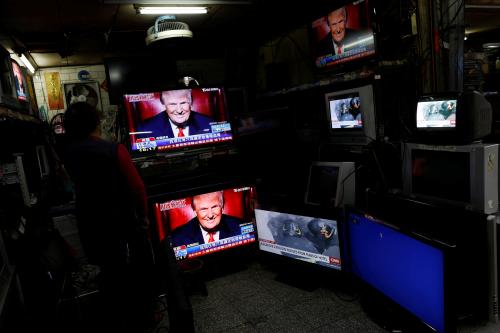
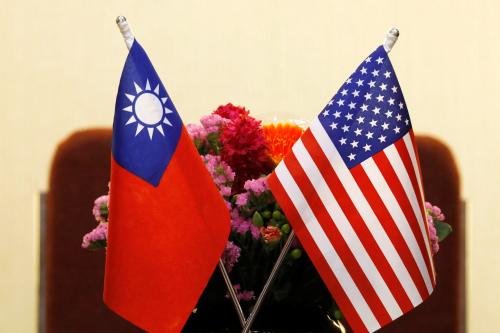
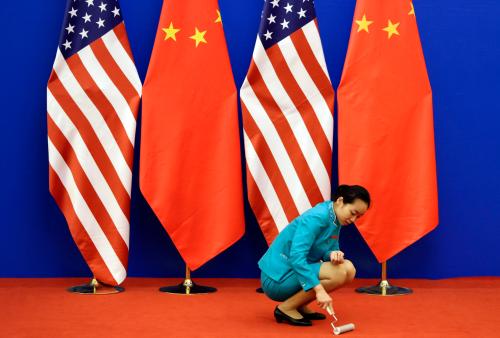
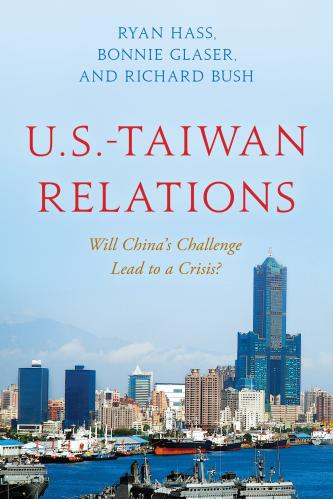
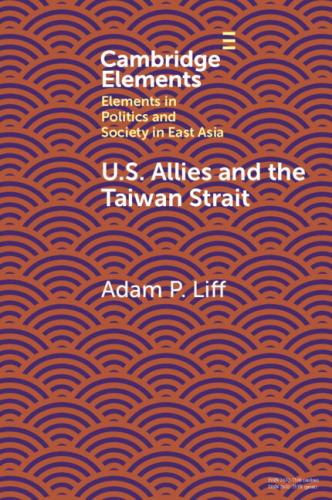
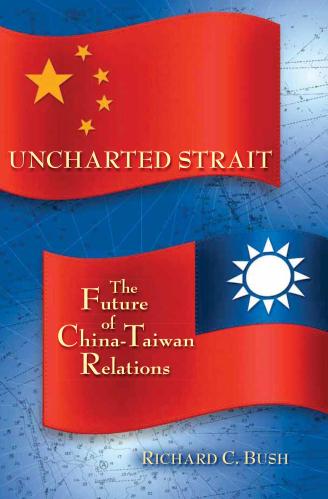


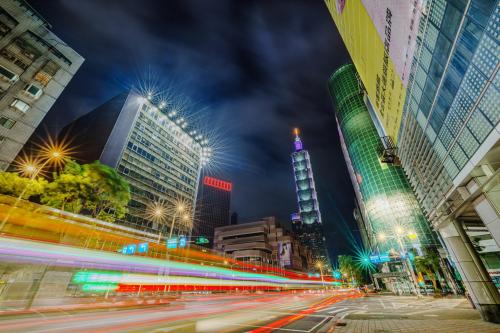
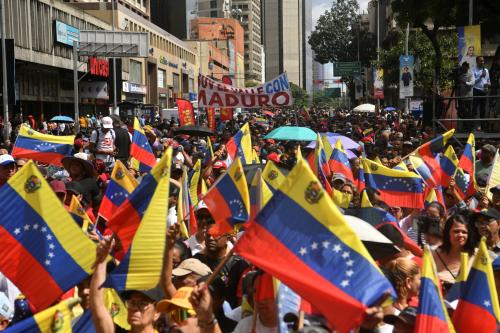
Commentary
Op-edRightsizing fears about Taiwan’s future
July 1, 2019